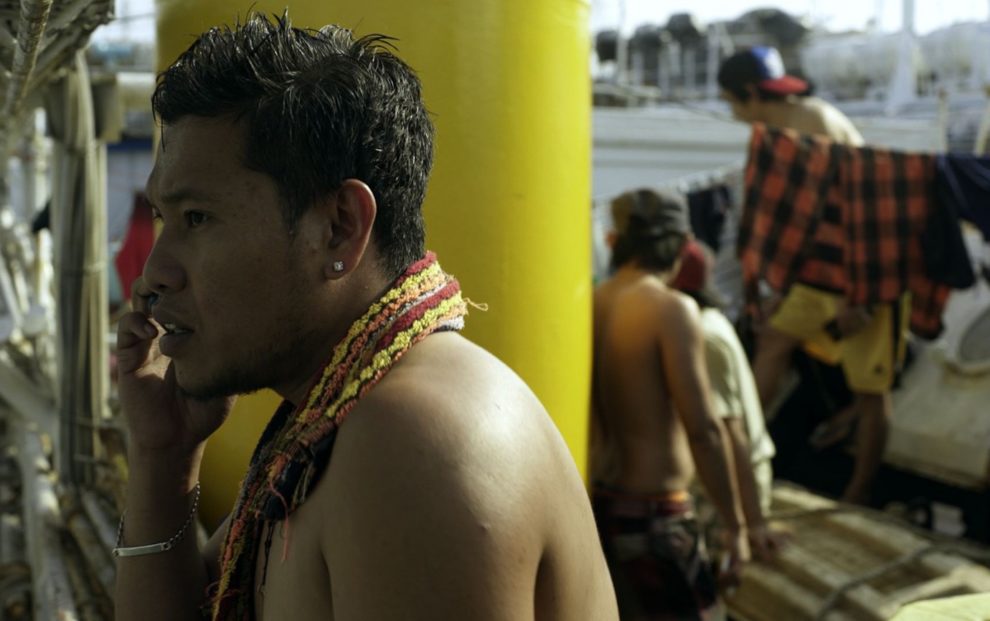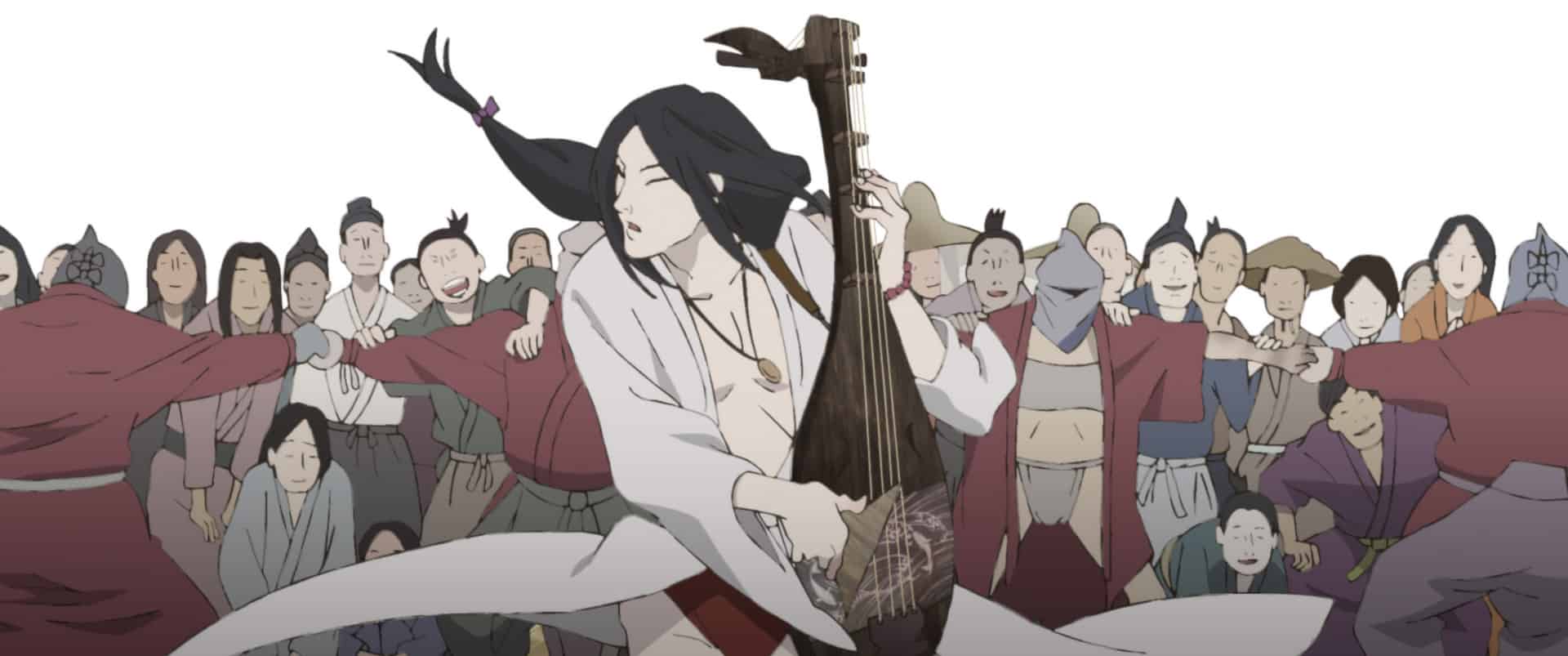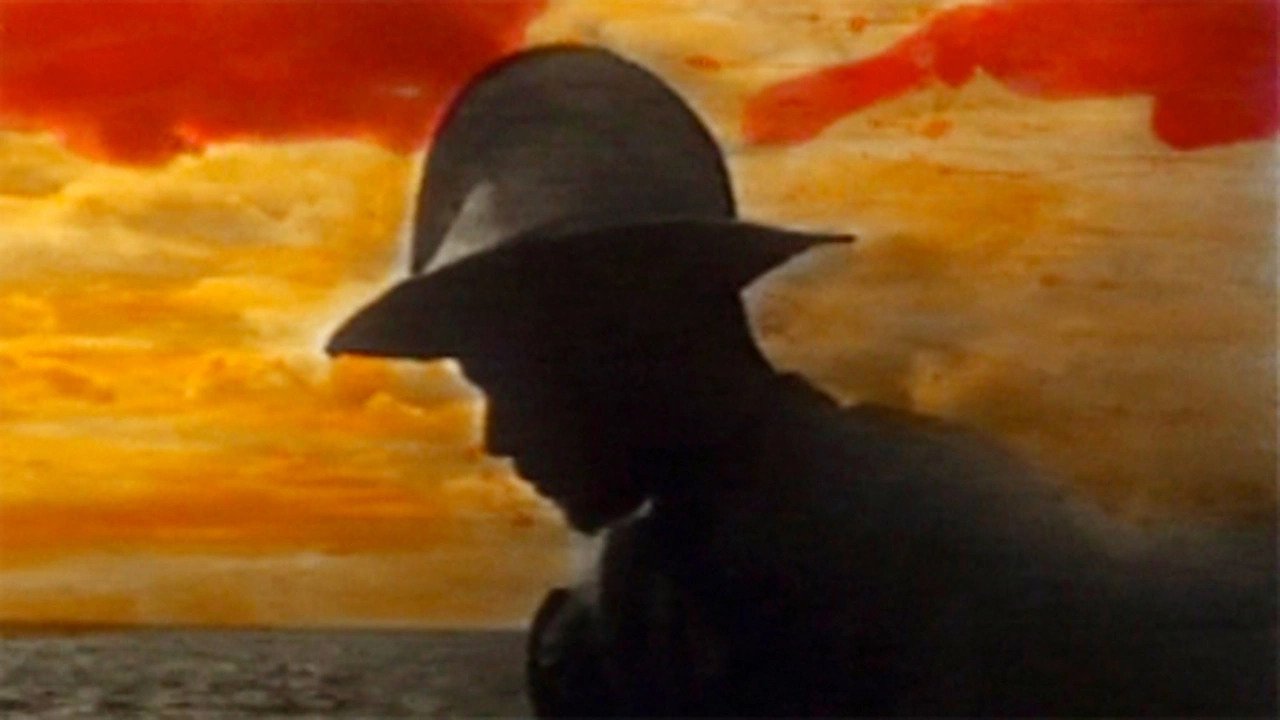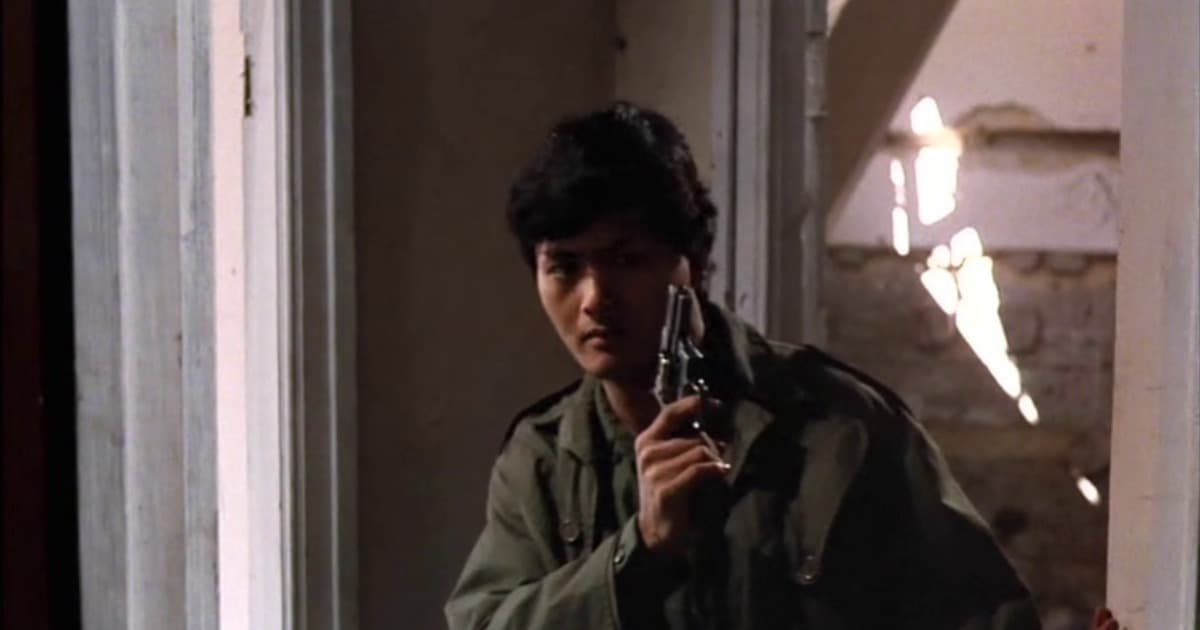As the number of migrant workers increase in countries like Taiwan, so does the amount of social issues that arise. Apart from question about integration and supposed exploitation by the employers, the growing sense of isolation from their families becomes a heavy burden on many of them, with often tragic consequences. In her 2016 short feature “Arnie” director Rina B. Tsou tells the story about a man working in Taiwan, whose love and dedication for his fiancee back home is what gets him through an otherwise dire environment. The movie, which was nominated for the Discovery Award at Cannes Film Festival 2016, deals with the growing feeling of detachment from one's home country and family.
Arnie is screening at Taiwan Film Festival Berlin
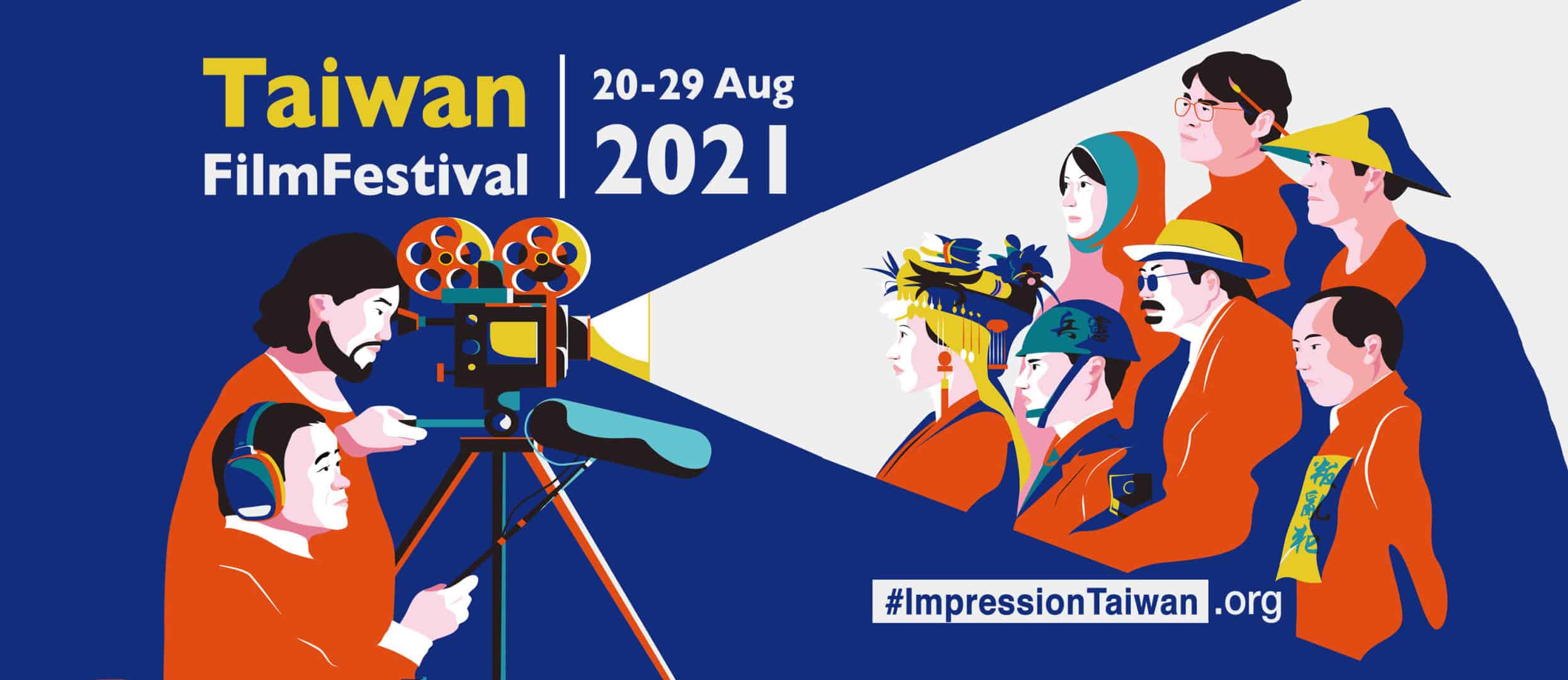
Together with several other Filipino men, Arnie (Whakin C. Maniego) works as a seaman at the port of Kaohsiung. What sets him aside from his mates is his motivation and even optimism, even though their working conditions are quite bad, with their boss demanding much but paying very little, and mostly not on time. Additionally, his employer frequently exploits Arnie's need for the job, asking him to snitch on his co-workers.

However, Arnie's mood brightens up when he finally has enough money to buy a wedding ring for his fiancee in the Philippines, planning to propose to her next time he returns home. When he receives the news of her being pregnant, he cannot believe his luck, but is devastated upon reading he is not the father. Sad and disappointed, he embarks on a night of heavy drinking, leading to tragic consequences.
Essentially there are two sides to the story Rina B. Tsou tells in her short feature. While portraying the kind of loyalty and camaraderie among the seamen, for example, as they all jump in with a few dollars to help Arnie to pay for the wedding ring, especially the second half also highlights the kind of detachment felt by the main character, who lives and works on the outskirts of society. The story is infused with the kind of semi-documentary realism you might expect from a project such as this, although the heavy use of handheld camera in the later parts becomes quite annoying after a while, not adding anything to the story apart from maybe making you feel you are just as drunk as the main character at that point.
As the main character, actor Whakin C. Maniego gives a great performance in what must have been an emotionally draining role. Apart from the physical challenges in the second half, Arnie's mood shift and the depths of his sadness are quite tough to portray believably, but Maniego succeeds in doing so, even rescuing the feature from becoming too melodramatic.
In conclusion, “Arnie” is a short feature about the kind of isolation many people in the main character's situation feel. While there are some technical aspects which could have been done better, Rina B. Tsou's movie makes for an interesting take on issues that are ignored too often and need to be addressed.


